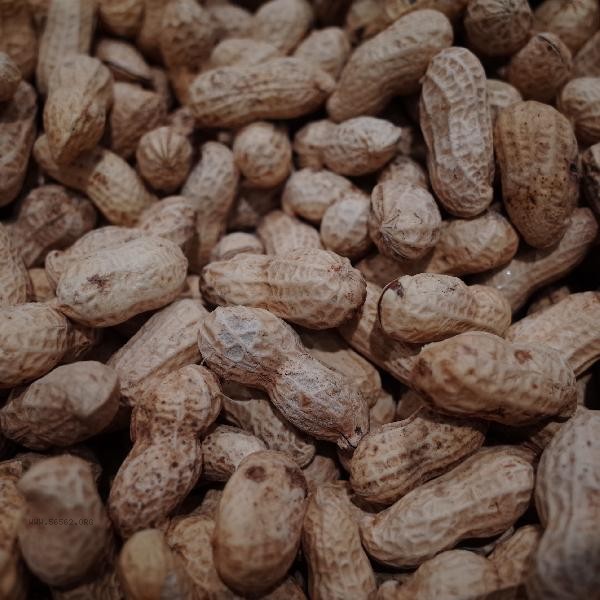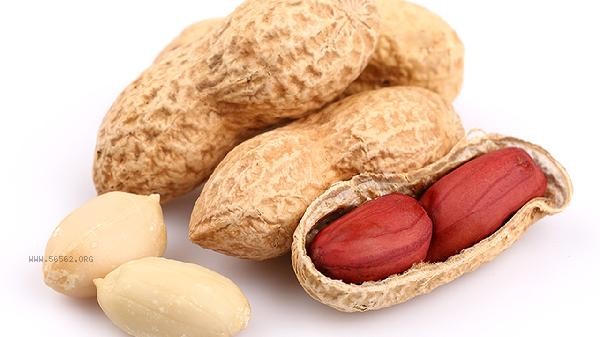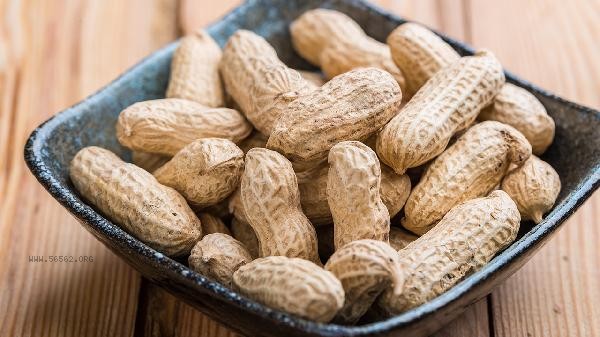Eating too many salty flowers raw may cause hypertension, edema, increased kidney burden, obesity, and oral problems. Although salted peanuts are rich in protein and healthy fats, excessive consumption of high salt foods can have negative effects on health.

1. Hypertension
Salty peanuts contain a large amount of sodium salt. Excessive intake will lead to the increase of sodium ion concentration in the body, causing water and sodium retention, increasing blood volume, and thus raising hypertension. Long term high salt diet is an important cause of primary hypertension, which may increase the risk of cardiovascular and cerebrovascular diseases. Hypertensive patients especially need to control their intake of salted peanuts.
2. Edema
A high salt diet can cause water retention in the body, leading to significant edema in the face, hands, and feet. An increase in sodium ion concentration can disrupt the electrolyte balance in the body and promote an increase in interstitial fluid. Pregnant women, individuals with renal insufficiency, and heart disease patients who consume too much salted peanuts are more likely to experience edema symptoms.
3. Renal Burden
The kidneys need to filter and eliminate excess sodium ions from the body, and excessive consumption of salted peanuts can increase the workload of the kidneys. Long term high salt diet may lead to a decrease in glomerular filtration rate and accelerate renal function decline. People with chronic kidney disease should strictly control their consumption of salted peanuts.

4. Obesity risk
Salted peanuts have a high calorie content, with 100 grams containing about 567 calories. The salty taste can stimulate appetite and easily lead to overeating. Long term excessive consumption may result in excessive calorie intake and lead to weight gain. Salted peanuts are often consumed as snacks without realizing it, which is a potential cause of obesity.
5. Oral problems
Salted peanuts have a harder texture and may damage tooth enamel when chewed. High salt content can also irritate the oral mucosa. Long term consumption may increase the incidence of diseases such as dental caries and oral ulcers. If the mouth is not cleaned in a timely manner after consumption, residual salt can disrupt the balance of the oral microenvironment.

It is recommended to control the daily intake of salted peanuts, with no more than one handful consumed at a time, and to drink plenty of water to help with sodium metabolism. Patients with hypertension and kidney disease should try to avoid them as much as possible. You can choose to replace it with plain peanuts, or pair it with potassium rich foods such as bananas and spinach to help balance sodium and potassium. Rinse mouth promptly after consumption to maintain oral hygiene. Develop the habit of checking food labels and limit daily total salt intake to no more than 6 grams. Maintain a diverse diet and avoid over reliance on a single snack.








Comments (0)
Leave a Comment
No comments yet
Be the first to share your thoughts!